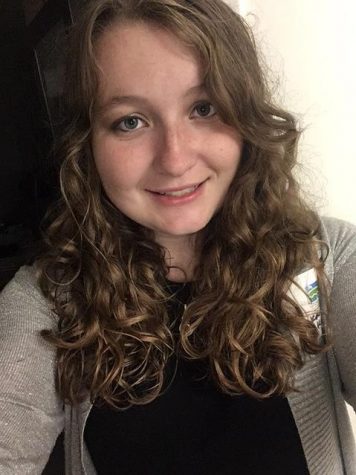Since Sheriff David Clarke spoke out on October 5 about University of New Haven rescinding his invitations to an event for the Henry C Lee Institute of Forensic Science there has been many different opinions circulating around campus. Sheriff Clarke has claimed that he was uninvited due to his controversial comments against the black lives matter movement, but the university has claimed that it was an issue of cost rather than opinions.
Professor Patrick Malloy, who was the main contact between Clarke and the university, has since released a statement taking responsibility of the situation.
“I indicated that Sheriff Clarke made a series of demands around his travel arrangements. I unintentionally misrepresented what the Sheriff asked for. Ultimately, in collaboration with the dean of Henry C. Lee College of Criminal justice and Forensic Sciences, we decided not to finalize his arrangements to visit campus when it was determined his appearance could potentially become politically polarizing in light of the imminent presidential election,” Malloy says in his statement. He continues saying, “I sincerely apologize to President Kaplan, the University community, and Sheriff Clarke.”
This controversy has brought about healthy debate regarding the first amendment and Sheriff Clarke’s right to freedom of speech. Students began voicing their opinions on their rights to hear differing views as well as Sheriff Clarke’s right to voice them.
One student, Brian Sharnick, even started a petition to have Clarke appear on campus.
“Although U.N.H. is a private institution it is still important to recognize that the first amendment applies everywhere, regardless of private or public institution,” says Sharnick. “I do not feel that his rights were necessarily violated because the university can pick and choose who they bring to speak here; however, the problem in this situation is the reasoning why. It is important for students to recognize that just because they are offended by someone or something someone says doesn’t mean that the speakers point isn’t valid. Everyone has the right to an opinion. The university is doing everyone a disservice by creating an environment in which shelters students so much that they cannot handle opposing viewpoints.”
Student have since voiced their opinions on the situation.
Freedom of speech, especially with the recent controversies of the age, has been an important debate point across the country and on college campuses. The U.N.H. community has a plethora of differing views, fostering an environment for debate.
This controversy is causing heighted awareness on campus. Students are thinking more about the first amendment and what it means to them.
“Freedom of speech is being able to speak your mind as long as it does not degrade someone’s live and wellbeing,” says Mia Flanagan.
Tatianna Lacroix had similar views saying, “We have the right to say and express ourselves in a manner that does not threaten other people.”
Many students feel that Sheriff Clarke speaking at the university would threaten many minorities on campus. However, many also feel we should have the opportunities to hear Clarke’s views, even if they are not the popular opinion.
“Freedom of speech is being able to have an open discussion about different opinions,” says Katie Hanson.
“It is being able to express how you feel about anything without being turned down.” Lina Guindy says. “We should be able to speak freely.
Regardless of their views on Sheriff Clarke’s opinions, many students are defending his right to have, and to speak freely about them.
“Private [university] or not freedom of speech is a constitutional right. It is universal and no university should have the right to violate it,” says Ernest Ayasu.
However, this belief is not held by all students. Many feel the university has a right to filter what information is broadcasted on their campus.
“Since U.N.H. is a private school they have the right to say who comes here,” says Shaun Viasso. However he continues saying, “He should have been able to come because it would’ve been a great experience for us, but that does not mean his rights were violated.”








